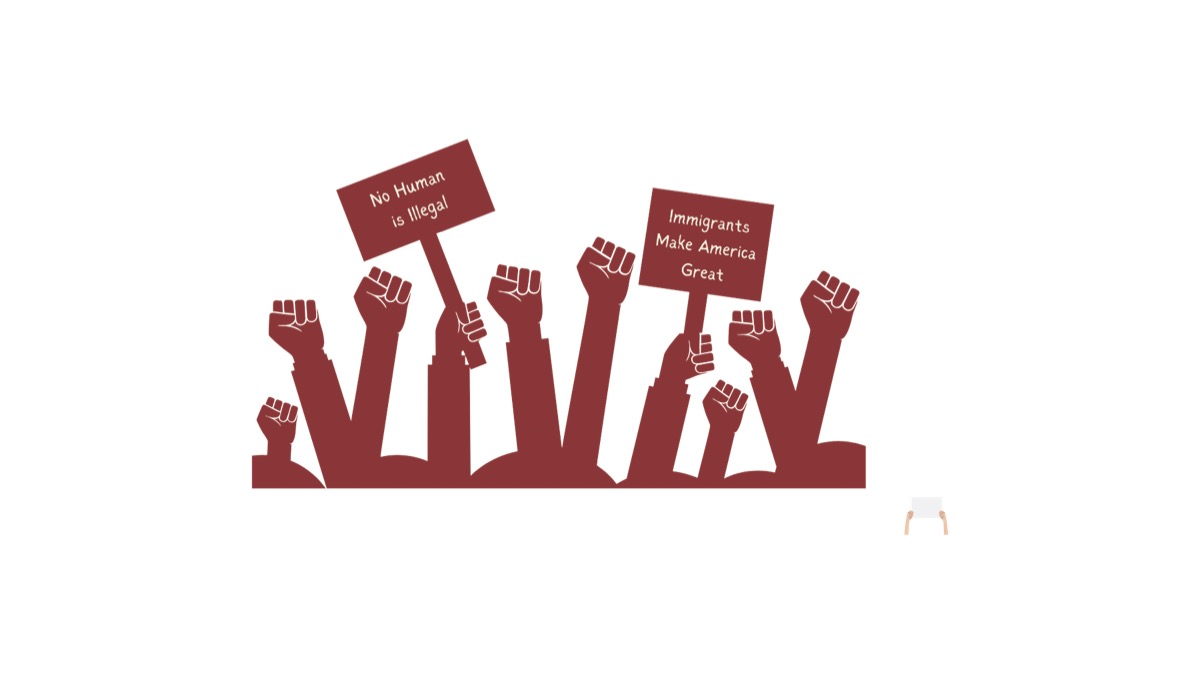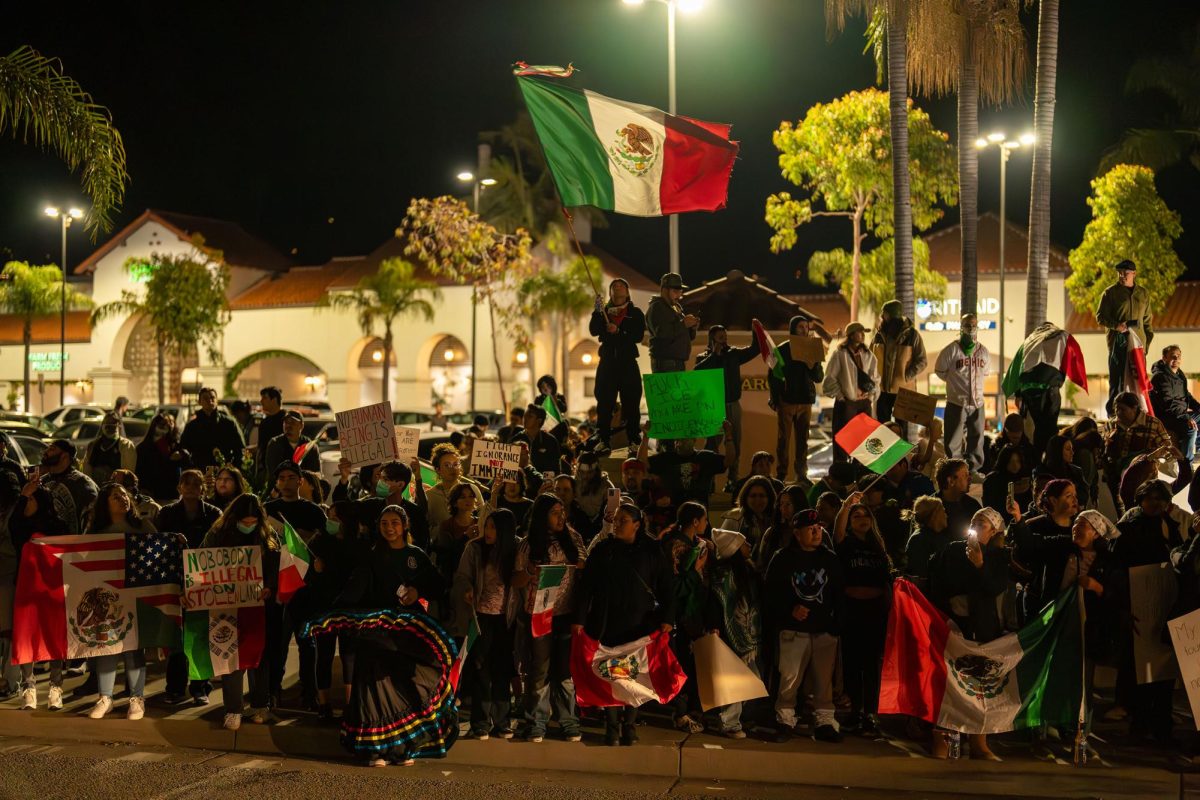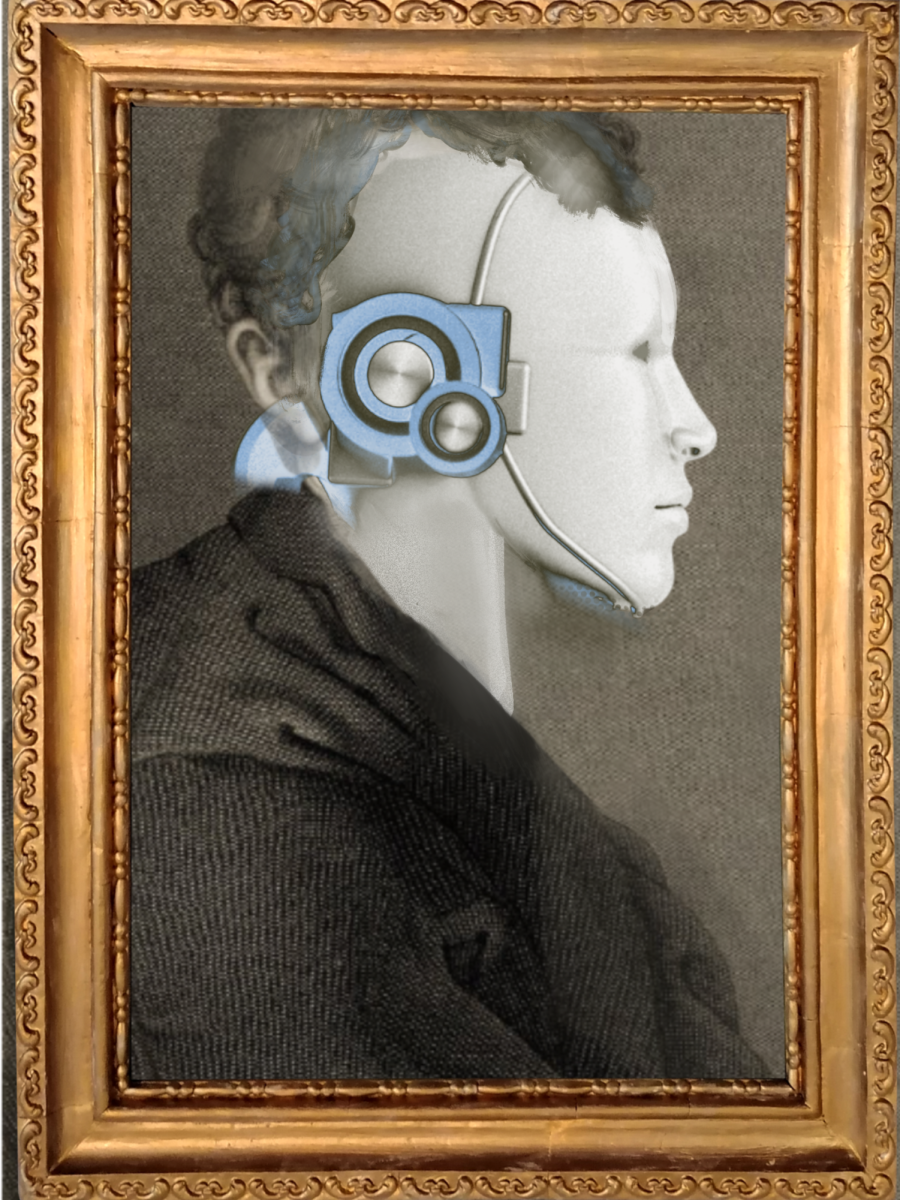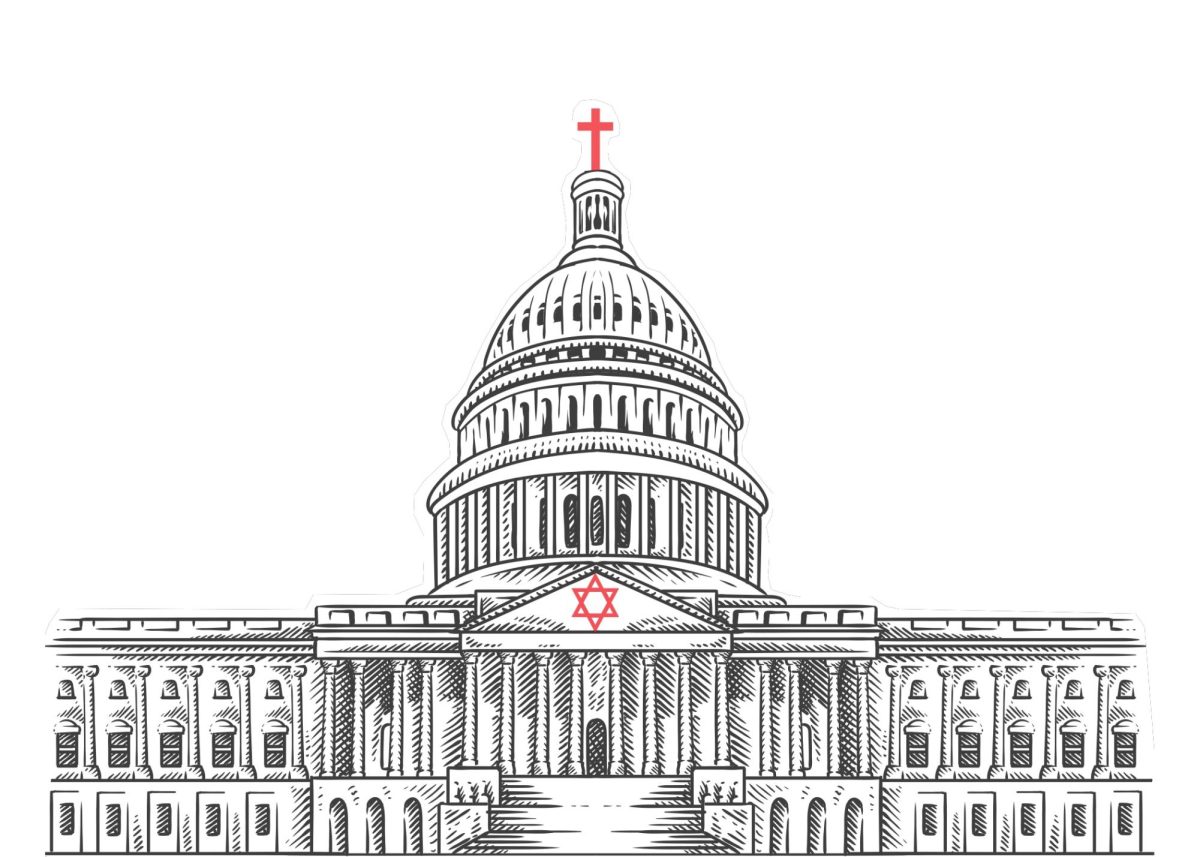A New Reign Begins
Uncertainty and predictions for the future of the British monarchy follow Queen Elizabeth’s death.
December 18, 2022
Leadership of a nation affects people worldwide. Leaders run the country, keep things in order, protect the national economy and politics, and are responsible for decision making, which was an essential part of the Queen of England’s job.
In England, a monarch (the king or queen) and Parliament (led by a Prime Minister) work hand-in-hand. For 70 years, Queen Elizabeth II reigned as a global icon, navigating Britain’s involvement in many significant British and world events including World War II and the Cold War.
The Queen’s recent death stirred doubts about whether the monarchy will be able to continue under its new ruler, King Charles III.
The coronation of Charles III is set to take place in May 2023 at Westminster Abbey. However, it raises questions about the importance of the British monarchy.
Will Charles live up to the people’s high expectations? Will the monarchy maintain stability? Concerns about the future of the monarchy are most pressing to countries under the British Commonwealth, many of whom are considering leaving the political association.
Throughout the Queen’s reign, the Commonwealth shrank as several countries declared independence.
The current Commonwealth contains 56 countries, including Australia, Canada, and New Zealand.
In 1949, Ireland left the Commonwealth, with other regions, including Zimbabwe and Hong Kong, following suit in the subsequent decades.
“The Queen’s passing has made Commonwealth countries question whether it’s something they want to continue with,” said British-born instructor Grant MacNaughton.
“There will be some change and reshuffling among Commonwealth nations.
“I think they’ll put it out to a referendum to the people of those countries whether they want to continue with that format.”
Senior Katherine Ball’s father is from England, giving her insight into the British government and monarchy.
According to Katherine, the Queen’s death changes things short term, but the monarchy will retain its general stability.
“The Queen has been in power for the entire lifetime of most people in the world, and because of that, people are mistakenly equating the stability of the monarchy with the stability of an individual’s life,” Katherine said.
With society shifting towards more modern movements, the monarchy may be outdated, especially with the death of its figurehead. Will Britain eliminate the monarchy because of Queen Elizabeth’s death?
“No, absolutely not. The monarchy has been in place for a long time; it functioned before the Queen and will function after her. The Queen’s death is the least sudden and best prepared-for death of a monarch in Britain’s history,” Katherine said.
MacNaughton agrees, “I don’t think [it will happen] immediately. I think it’s inevitable at some point in the future, but it’s difficult to say whether it’s in this generation or ten generations in the future.”
The British monarchy, in all of its glory, does not come without a cost. Does the steep price of maintaining the
monarchy spark instability in the future?
“There is a defined cost to the British taxpayer,” says MacNaughton.
“Some British taxpayer money goes to sustain the monarchy through sovereign grants. The royal family receives about $39 million per year, funded by taxpayers. Its current format is unsustainable.”
Adding to this instability, controversy surrounds the new king as many feel that the crown should have skipped
Charles entirely and gone to Prince William. People want a king who is relatable and understanding of their
views—and that’s how they see William.
“He has more modern ideas and a better representation, [and he is] more in touch with the average UK citizen,” MacNaughton said.
In response to Charles’ coronation, anti-monarchists have taken to social media using the hashtag
#NotMyKing.
Katherine’s dad, David Ball, says “Skipping a generation because some people might like the dashing young prince might be great for image, but the whole edifice is built on a foundation of rigid tradition. You don’t mess with that, because it sets a precedent that the line of succession is a popularity match.”
Despite his popularity, William will not become king any time soon.
“Charles would have to abdicate in order for the Crown to pass to William, but abdication is highly frowned upon in England, Katherine said. “It’s seen as a dereliction of duty. William is more popular among certain demographics, but it’s unlikely that he will be coronated under any circumstances other than his father’s death.”
The only immediate changes following the Queen’s death are the crowning of a new king.
































